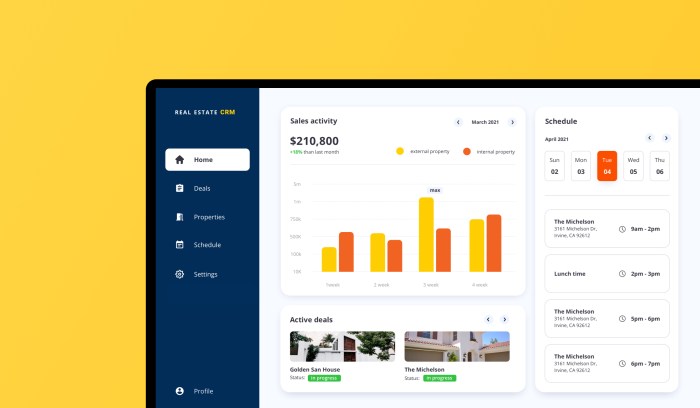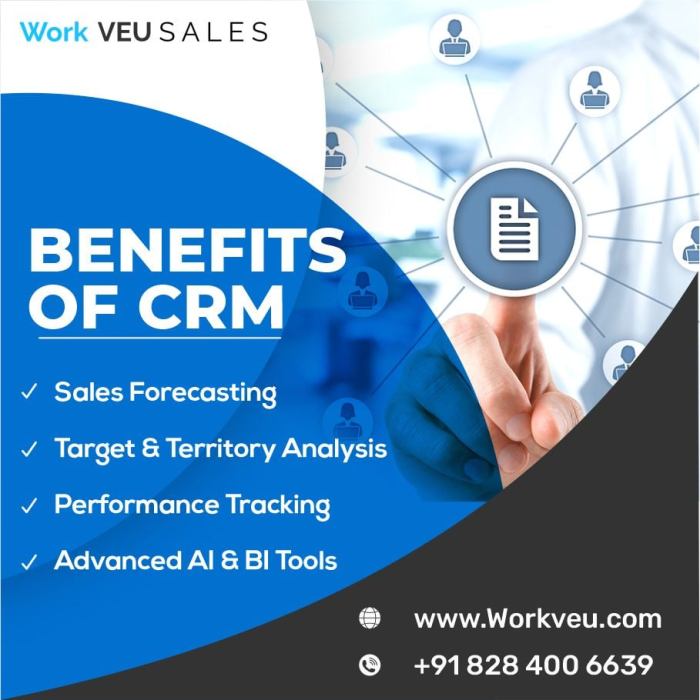Best crm software for commercial real estate – The commercial real estate (CRE) industry is dynamic and competitive. Managing leads, tracking deals, and nurturing client relationships effectively is crucial for success. A robust Customer Relationship Management (CRM) system is no longer a luxury but a necessity for CRE professionals. This comprehensive guide explores the best CRM software options tailored for the unique needs of commercial real estate brokers, agents, investors, and property managers.
We’ll delve into key features, pricing, and considerations to help you choose the perfect solution for your business.
Understanding the Needs of a CRE CRM
A CRM for commercial real estate must go beyond basic contact management. It needs to handle the complexities of large transactions, multiple stakeholders, and long sales cycles. Here are some essential features to look for:

Source: leobit.com
Essential Features of a Top-Tier CRE CRM:, Best crm software for commercial real estate
- Deal Tracking and Pipeline Management: Visualize the progress of deals through different stages, from initial contact to closing. This should include customizable pipelines and the ability to track key milestones and deadlines.
- Contact Management: Store comprehensive information on clients, prospects, and collaborators, including contact details, communication history, and property preferences.
- Property Management: Integrate property listings, track key property details (size, location, lease terms, etc.), and manage tenant information.
- Document Management: Securely store and share crucial documents like leases, contracts, and marketing materials.
- Reporting and Analytics: Gain valuable insights into sales performance, lead conversion rates, and team productivity through customizable reports and dashboards.
- Collaboration Tools: Facilitate seamless communication and collaboration among team members, clients, and other stakeholders.
- Marketing Automation: Automate marketing tasks like email campaigns, property listing distribution, and follow-up sequences.
- Integration Capabilities: Seamlessly integrate with other essential business tools like email clients, accounting software, and marketing platforms.
- Mobile Accessibility: Access your CRM from anywhere, anytime, through a user-friendly mobile app.
Top CRM Software Options for Commercial Real Estate: Best Crm Software For Commercial Real Estate
The market offers a variety of CRMs, each with its strengths and weaknesses. Choosing the right one depends on your specific needs, budget, and team size. Here are some of the leading contenders:
1. Salesforce
A powerful and highly customizable CRM, Salesforce offers a comprehensive suite of tools for managing sales, marketing, and customer service. Its robust features, extensive integrations, and scalability make it a popular choice for large CRE firms. However, it can be expensive and require significant setup and training.

Source: mytechmag.com
2. HubSpot
HubSpot is a comprehensive inbound marketing and sales platform with a powerful CRM at its core. It’s particularly well-suited for businesses that prioritize inbound marketing strategies. Its user-friendly interface and free CRM option make it accessible to businesses of all sizes. However, advanced features require paid subscriptions.
3. Zoho CRM
Zoho CRM offers a cost-effective and feature-rich solution for businesses of all sizes. It boasts a wide range of integrations and customizable features, making it adaptable to the specific needs of CRE professionals. Its affordability and ease of use are significant advantages.
4. Copper CRM
Designed specifically for Google Workspace users, Copper CRM seamlessly integrates with Gmail, Google Calendar, and other Google apps. Its intuitive interface and straightforward features make it a popular choice for smaller teams and individual brokers. However, its limited customization options might be a drawback for larger organizations.
5. Other Notable Options

Source: amazonaws.com
Several other CRMs cater specifically to the real estate industry, often offering niche features like property listing management and market analysis tools. Research options like Real Estate CRM, LionDesk, and others to find the best fit for your needs.
Choosing the Right CRM: Key Considerations
Selecting the best CRM involves careful consideration of several factors:
- Budget: CRMs range from free options to enterprise-level solutions with substantial monthly fees. Consider your budget and the features you’re willing to pay for.
- Team Size and Structure: Choose a CRM that can accommodate your team’s size and organizational structure. Scalability is crucial for growth.
- Integration Needs: Ensure the CRM integrates seamlessly with your existing business tools (email, accounting software, marketing platforms).
- User-Friendliness: Opt for a CRM with an intuitive interface that’s easy for your team to learn and use effectively.
- Customization Options: Consider the level of customization you need to tailor the CRM to your specific workflow and processes.
- Customer Support: Choose a provider with reliable customer support to address any issues or questions promptly.
Frequently Asked Questions (FAQs)
- Q: What is the best CRM for small commercial real estate businesses? A: HubSpot’s free CRM or Zoho CRM are excellent starting points for small businesses due to their affordability and ease of use. Copper CRM is also a strong contender if you heavily utilize Google Workspace.
- Q: How much does commercial real estate CRM software cost? A: Pricing varies widely depending on the features, number of users, and provider. Expect to pay anywhere from free (with limited features) to several hundred dollars per month for enterprise-level solutions.
- Q: Can a CRM help me improve my lead generation? A: Yes, many CRMs offer marketing automation features that can help you nurture leads, automate follow-ups, and improve your lead conversion rates.
- Q: How can I integrate my CRM with my existing software? A: Most CRMs offer various integration options through APIs or pre-built connectors. Check the CRM’s documentation for compatibility with your existing software.
- Q: What are the key performance indicators (KPIs) to track in a CRE CRM? A: Key KPIs include lead conversion rates, deal closure rates, average deal size, sales cycle length, and team productivity.
Conclusion
Implementing a robust CRM is a strategic investment for any commercial real estate business. By carefully considering your needs and exploring the various options available, you can find a solution that streamlines your operations, improves team collaboration, and ultimately drives growth. Remember to leverage the CRM’s reporting and analytics features to track your progress and make data-driven decisions.
References
Call to Action
Ready to transform your commercial real estate business with a powerful CRM? Contact us today for a free consultation to discuss your specific needs and find the perfect solution for your team!
Common Queries
What are the key features to look for in a commercial real estate CRM?
Key features include robust contact management, deal tracking with pipeline visualization, property management capabilities, document storage and sharing, reporting and analytics dashboards, and seamless integration with other business tools.
How much does commercial real estate CRM software typically cost?
Pricing varies greatly depending on the features, number of users, and vendor. Expect a range from affordable monthly subscriptions to more substantial enterprise-level solutions with higher costs.
Can a CRM integrate with my existing software?
Many CRMs offer integrations with popular software like email platforms, marketing automation tools, and accounting systems. Check for compatibility with your current tech stack before making a purchase.
What is the typical implementation timeframe for a CRM?
Implementation time depends on the complexity of the system and the size of your organization. It can range from a few weeks for simpler systems to several months for more complex deployments.
